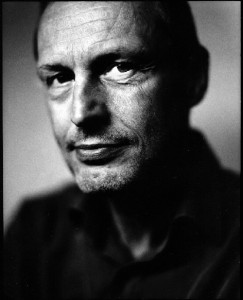CRITIQUE OF MEDIA & TECHNOLOGY WORKSHOP
Wednesday, April 29, 2015
10:20-12:00 Scarfe 1209
Year of Research in Education event #yreubc
CRITIQUE OF MEDIA & TECHNOLOGY
Stephen Petrina
University of British Columbia
This workshop focuses on the Critique of Media & Technology. The first part of the workshop includes a presentation and discussion on a forthcoming chapter. The second part of the workshop focuses on the process of researching and writing with special attention to philosophical and historical research 2.0 and narrative. How can we or ought we write a (big) history of the critique of media and technology?
The chapter begins with the spiritual critique of media and technology and proceeds historically through cultural criticism and social, psychic, ontic, and identic critiques. Differentiated from the spiritual critique that precedes, cultural criticism of media and technology emerges in the fifteenth and sixteenth centuries as a mode of describing and depicting the mechanical arts. In the eighteenth and nineteenth centuries, spiritual critique is displaced through a rejection of religion and theology as sources of modern authority. With spiritual ground undermined, social, psychic, ontic, and identic critics of media and technology compete for defensible ground for leverage. The history of critique is a search for ground. This chapter historicizes the critique of media and technology as well as critique as a practice that has run out of steam. “Critical distance” from or “free relation” to media and technology— a seductive orientation since the 1940s— has been instrumental in critique’s gradual decline. The critique of critique has quickened the decline. The conclusion questions the short-term future of machinic critique and long-term renewal of spiritual critique.
Download the Critique of Media & Technology chapter.

 Follow
Follow
